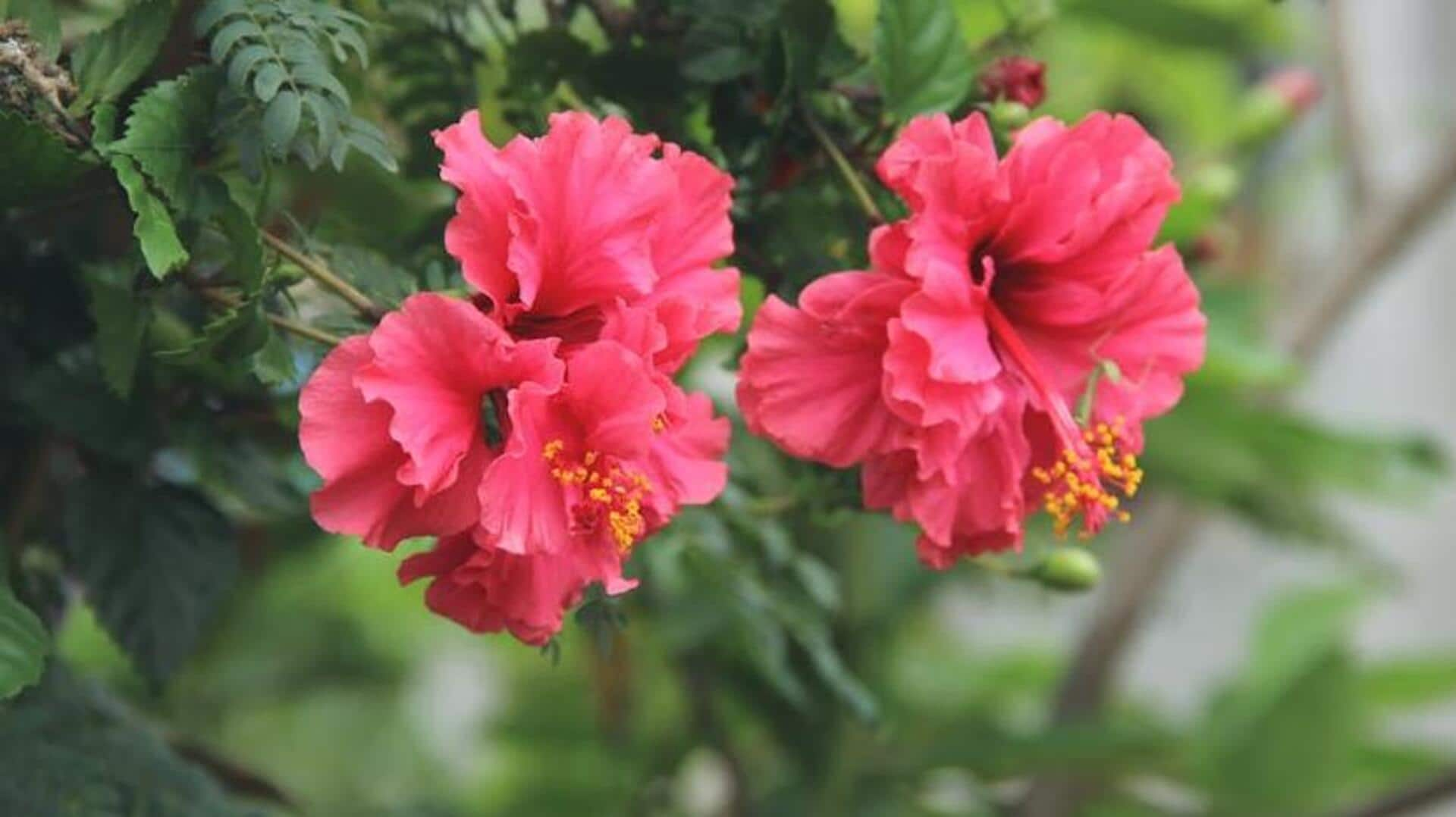
Exploring hibiscus's blood pressure regulating benefits
What's the story
Hibiscus, the radiant flower admired for its beauty, holds a secret: it's a potent ally for your health, especially when it comes to managing blood pressure. This article explores the science behind hibiscus's benefits for cardiovascular health and provides tips on how to easily integrate it into your daily routine.
Understanding the connection
The science behind hibiscus and blood pressure
Studies show that drinking hibiscus tea can lower systolic blood pressure by up to 10%. The high content of anthocyanins and other antioxidants in hibiscus is responsible for this effect. These compounds help dilate blood vessels, improving blood flow and reducing pressure. Research consistently reveals that individuals who consume hibiscus tea daily exhibit significant reductions in both systolic and diastolic blood pressures.
Daily habits
How to incorporate hibiscus into your diet
Incorporating hibiscus into your diet is easy. For optimal benefits, experts recommend drinking two to three cups of hibiscus tea per day. You can also add hibiscus to salads or use it as a garnish, providing both nutrition and aesthetic appeal. If you prefer convenience, hibiscus supplements are available. However, you should always consult with a healthcare provider before starting any supplement regimen.
Safety first
Potential side effects and considerations
Although hibiscus is safe for most people, it can interact with some medications, including acetaminophen and certain diuretics. Pregnant or breastfeeding women should avoid consuming large amounts of hibiscus as there isn't enough research to confirm its safety during these times. It's always a good idea to talk to a healthcare professional before making big changes to your diet or starting new supplements.
Quality matters
Tips for selecting high-quality hibiscus products
Select organic hibiscus products whenever possible to minimize exposure to potentially harmful pesticides. For tea enthusiasts, loose-leaf options typically offer superior taste and a higher concentration of beneficial compounds compared to their bagged counterparts. Those watching their intake for health reasons should always scrutinize product labels for any unwanted additives or sugars.